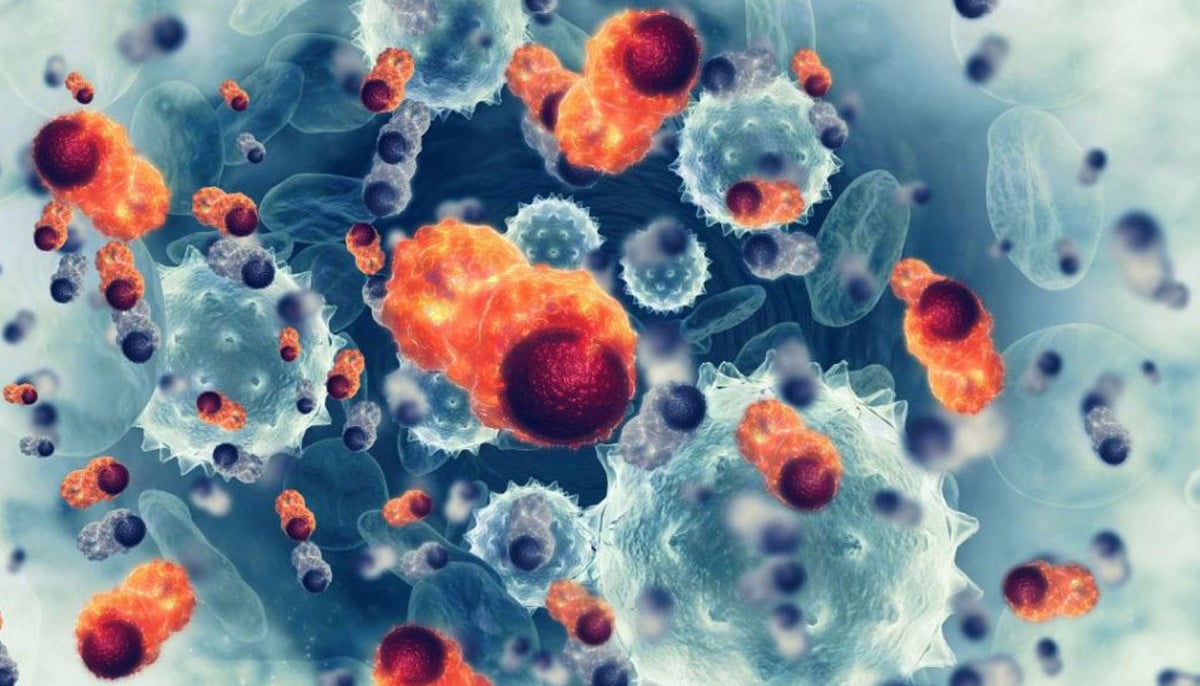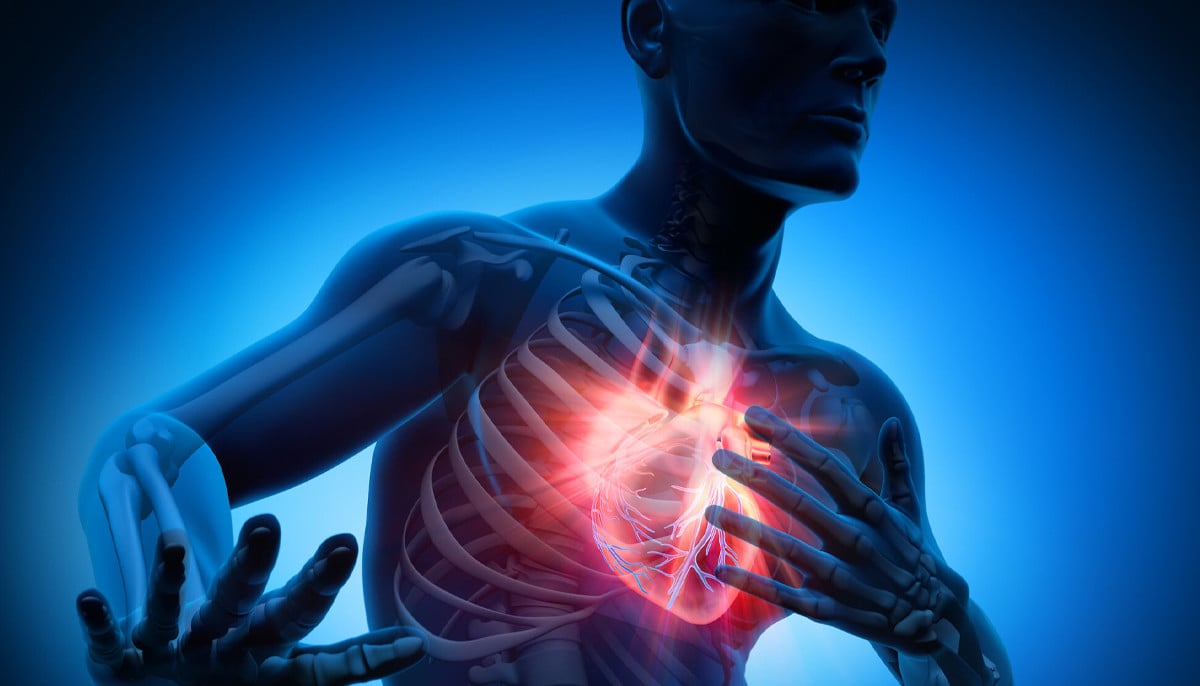Coffee intake during pregnancy effects child's height: study
"Findings indicate that maternal caffeine consumption is associated with long-term decreases in child height," researchers say
A new study has revealed that only half a cup of coffee taken during pregnancy is enough to result in a shorter height of the child.
The study examined nearly 2,500 boys and girls in the United States. The authors said that their findings strengthened the idea that women should refrain from coffee while pregnant.
“Though the clinical implications of an approximately 2-cm height difference are unclear, our findings for height are similar in magnitude to those of children whose mothers smoked during pregnancy,” one of the authors of the study, Dr Katherine Grantz from the Eunice Kennedy Shriver National Institute of Child Health and Human Development in Maryland said.
Pubic guidelines usually recommend mothers-to-be take less than 200mg of caffeine a day which is about two cups of coffee. However, Grantz and her team said that the lowest levels should be far less than this mark.
Researchers said that they "consistently observed shorter heights which has been associated with increased risk of multiple cardiometabolic diseases in both pregnant and nonpregnant individuals."
Cardiometabolic illnesses include diabetes and obesity. Coffee consumption has also been associated with lower birth weight.
The team, who reported results in the journal JAMA Network Open, observed "shorter stature" in children where there were "higher maternal caffeine and paraxanthine concentrations" up to the age of eight in two pregnancy cohorts.
"Our findings indicate that maternal caffeine consumption is associated with long-term decreases in child height."
The team tracked participants into grade school, analysing data from two separate groups. The mechanism behind this is still unclear.
-
All you need to know guide to rosacea
-
Prevent cancer with these simple lifestyle changes
-
Experts reveal keto diet as key to treating depression
-
Skipping breakfast? Here are some reasons why you shouldn't
-
Sciences reveals shocking body response against heart attack
-
Anti-inflammatory teas to keep your gut balanced
-
Emma Stone reveals she is ‘too afraid’ of her ‘own mental health’
-
5 simple rules to follow for smooth, healthy hair












